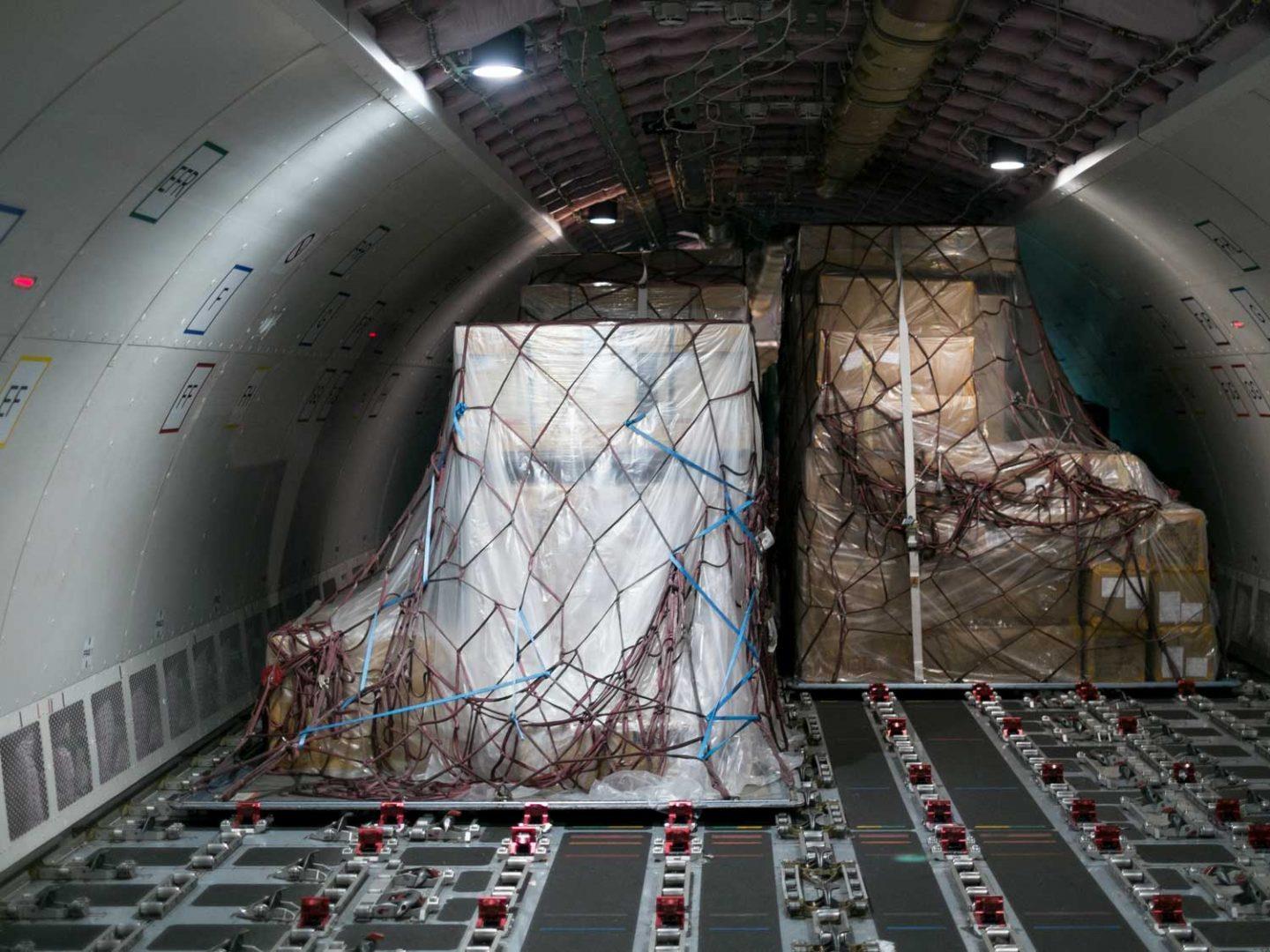In response to heightened security concerns, the US, Canada, and now Australia have implemented stricter security protocols for air cargo originating from Europe and the CIS to minimise potential risks after incendiary devices were discovered within European parcel networks.
In a recent analysis, UK freight forwarder Metro said Australia's Department of Home Affairs introduced the most recent restrictions on September 26, 2024, aligning with similar measures already enacted by the US and Canada.
The Australian regulation stipulates that air cargo from 55 countries must meet the Established Business Relationship (EBR) criteria if it is destined for the country on passenger aircraft. Consignments from unknown senders weighing more than 500g are prohibited from flying on passenger planes..

[Source: Metro]
Following recent incidents of incendiary packages causing fires in European parcel networks, authorities have raised concerns about cargo security.
The US, under its Air Cargo Advance Screening (ACAS) programme, has introduced stricter regulations that demand more detailed information from shippers and consignees.
Only cargo from a Known Consignor or a shipper with an established relationship with a regulated agent or carrier is permitted to fly.
Similarly, Canada has rolled out new rules through Transport Canada for air cargo originating from Europe, the CIS, and Central Asia. Canadian regulations also require that cargo from these regions be tendered only by shippers with an EBR with freight forwarders or air carriers.
To meet these criteria, shippers must have maintained an active account for at least 90 days and completed a minimum of six shipments during that time. Air Canada Cargo, for example, mandates that all air waybills include specific messaging confirming the relationship between the shipper and their logistics partner, in line with these new requirements.
These new regulations come in the wake of several security incidents, including a fire at a logistics hub in Leipzig, Germany, believed to have originated from a package sent from the Baltic region.
Authorities suspect potential interference by Russian actors, emphasizing the need for heightened scrutiny across global supply chains.



